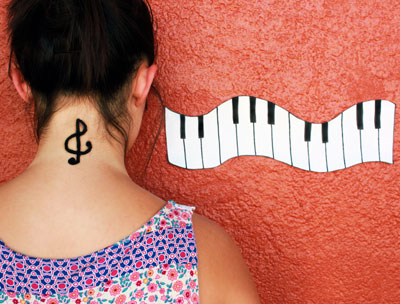All Nonfiction
- Bullying
- Books
- Academic
- Author Interviews
- Celebrity interviews
- College Articles
- College Essays
- Educator of the Year
- Heroes
- Interviews
- Memoir
- Personal Experience
- Sports
- Travel & Culture
All Opinions
- Bullying
- Current Events / Politics
- Discrimination
- Drugs / Alcohol / Smoking
- Entertainment / Celebrities
- Environment
- Love / Relationships
- Movies / Music / TV
- Pop Culture / Trends
- School / College
- Social Issues / Civics
- Spirituality / Religion
- Sports / Hobbies
All Hot Topics
- Bullying
- Community Service
- Environment
- Health
- Letters to the Editor
- Pride & Prejudice
- What Matters
- Back
Summer Guide
- Program Links
- Program Reviews
- Back
College Guide
- College Links
- College Reviews
- College Essays
- College Articles
- Back
"Oldies" Age
Some people tend to be calmed down, made happy, or envigorated by music. But nobody considers this: the people who make the popular music in this age come from the previous "oldies" age of Michael Jackson and Madonna.
Does this mean that our 'popular music' will evolve extraordinarily slowly, because each popular artist comes from the most recent "oldies" age?
Much of the popular music we hear on the radio is deemed "good" by the radio hosts--also from the "oldies" age. iTunes Radio's popular songs are chosen by the folks from the "oldies" age.
Even our DJs come from the most recent of the "oldies" ages. Songs promoted by the newspapers, made popular by "oldies" age artists and "oldies" age advertisers, now made popular by "oldies" age newspeople.
They say that the future is in our children's hands. When music influences the world so strongly, the future is, in fact, in the hands of every person from the "oldies" age.
What does this mean for our musical future?

Similar Articles
JOIN THE DISCUSSION
This article has 0 comments.
